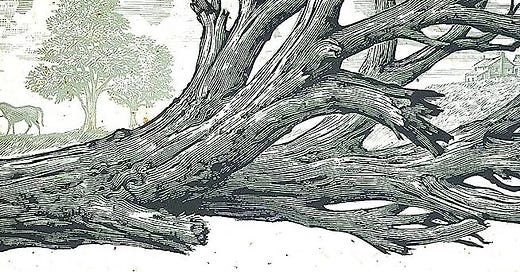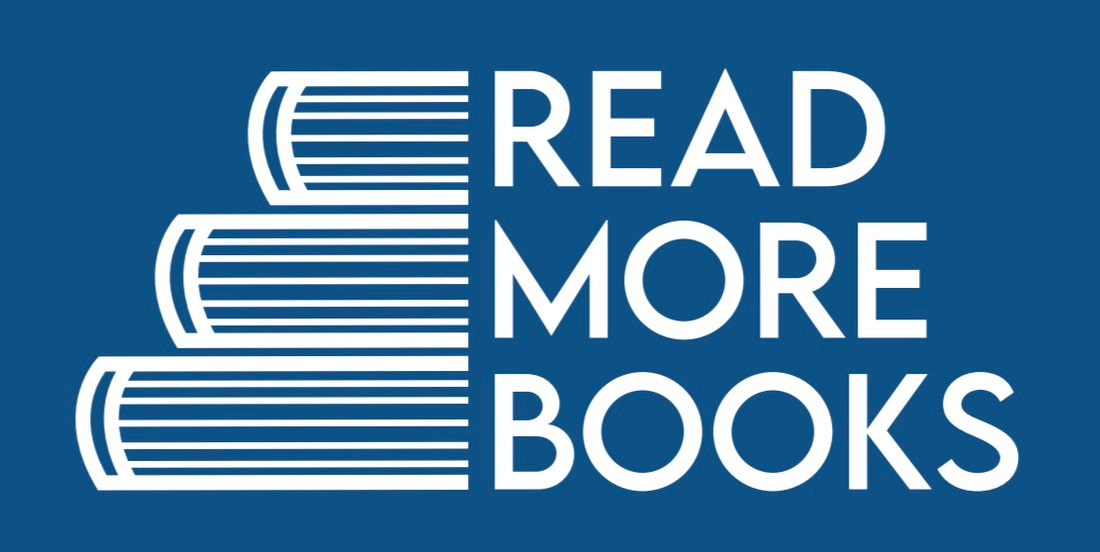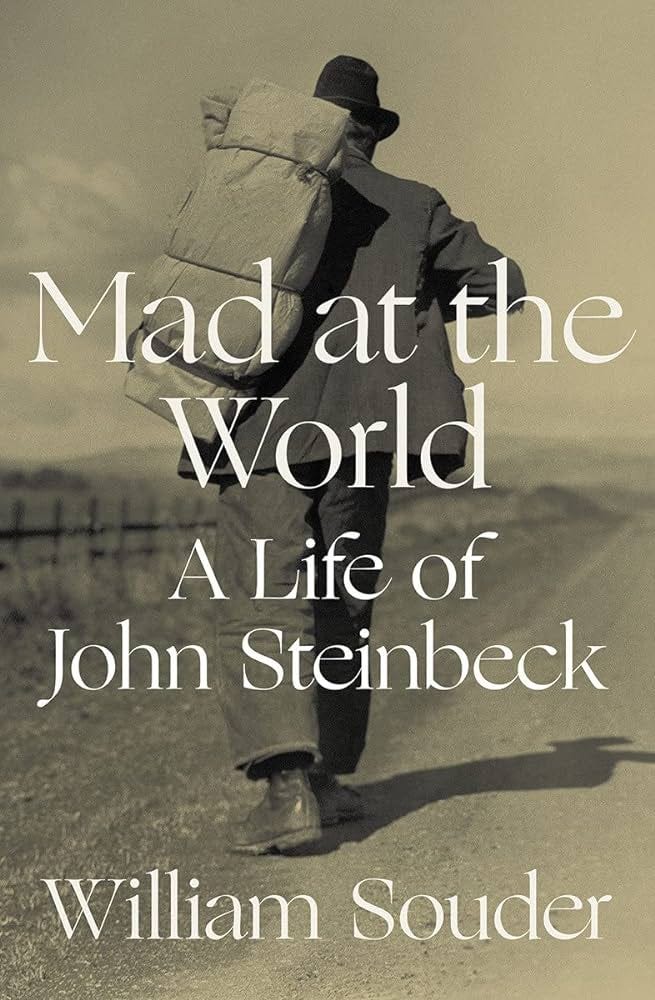What to Read Next: Immersed in Steinbeck
Issue #305, featuring "East of Eden" + "Mad at the World"
I realize I’ve done you all a disservice by not yet mentioning the Nov/Dec selection of the Big Read! If you’re not familiar, the Big Read is the online book club I run and is also hosted here on Substack.
I’ll be announcing the 2024 titles in just a couple of weeks, but here in November and December, we’re going through John Steinbeck’s East of Eden — one of my favorite books and a story that I’m relishing re-reading right now. We’re not even halfway through, so there’s plenty of time to get caught up if you’re interested. You can learn more here.
Part of what I do for each Big Read title is dive into the background and broader context of the author’s life and work. So in this newsletter, I’m reviewing East of Eden as well as a recent biography that adds a few interesting layers of meaning to Steinbeck’s books, which remain a pillar of American literature.
Let’s jump in!
East of Eden by John Steinbeck
“There is a great tension in the world, tension toward a breaking point, and men are unhappy and confused. At such a time it seems natural and good to me to ask myself these questions. What do I believe in? What must I fight for and what must I fight against?”
Published: 1952 | Pages: 600 | Genre: Fiction
Grapes of Wrath is considered by most critics and biographers to be Steinbeck’s greatest work, but I’m more partial to East of Eden. Ostensibly about two families — the Hamiltons and the Trasks — in relation to their land in California’s Salinas Valley, the story ultimately goes much deeper than that.
From his own journal, Steinbeck’s stated purpose with East of Eden is this:
“I will tell them one of the greatest, perhaps the greatest story of all—the story of good and evil, of strength and weakness, of love and hate, of beauty and ugliness. I shall try to demonstrate to them how these doubles are inseparable—how neither can exist without the other and how out of their groupings creativeness is born.”
It does all that and then some. The more I read it, the more I appreciate the wisdom found in this great novel’s pages. The story is captivating and affecting, but so is Steinbeck’s rich prose, which oozes with his own life philosophy. Even though he was a very different person than who I aspire to be, his earnest search for a rich, full life can resonate with anyone.
The characters, the conversations, the deep backstories — all contribute to the overall sense of life found within the pages, from love to tragedy and everything in between.
Most classic novels have attained that status because they explore the universal themes of human experience. In East of Eden, Steinbeck describes and invites readers to consider the most foundational ideas of our existence: the eternal struggle between right and wrong, the passage (and seasons) of time, family (siblings, marriage, parenthood), identity, money and work, the nature of love itself.
There are plenty of universal themes to be found in literature; those that Steinbeck brings to us in this novel are the bedrock of what we’re doing here as humans.
I can’t recommend East of Eden highly enough. It should absolutely be on your lifetime reading list and greatly rewards slow, thoughtful reading.
Mad at the World by William Souder
“Steinbeck thought, as many writers do, that the act of writing did not make one a writer. Rather, writing was a symptom of an inborn compulsion that could not be denied. Writers write because they have to, he believed.”
Published: 2020 | Pages: 375 | Genre: Non-Fiction (Biography)
The gold standard of Steinbeck biographies is Jackson Benson’s John Steinbeck, Writer. But at well over 1,000 pages, it’s far more for the dedicated superfan than the casual reader. Instead, I read Souder’s comparatively brisk 2020 biography and came away quite happy with my decision.
Literary biography is a tough genre because the author has to both tell the story of a life as well as provide a bit of literary criticism. Souder finds that balance quite well in Mad at the World, giving readers just enough context, plot, and analysis for nearly all of Steinbeck’s works — so successfully, in fact, that now I want to read all of Steinbeck’s canon.
Reading about Steinbeck’s California childhood and coming-of-age was interesting enough, but what really held my attention throughout was the analysis of his writing career, his perpetual surliness and anxiety (about his talent rather than his sales), and the relational pitfalls of his success.
Souder doesn’t take much of a position and presents all this information rather neutrally, while clearly showing an appreciation for Steinbeck’s brilliant writing. Sure, there are details and even years missing from this narrative, but I still came away with a much better understanding of Steinbeck’s life and work. It doesn’t need to be exhaustive to be deeply valuable.
If you’re at all interested in further exploring John Steinbeck’s life and work, Mad at the World is a perfect introduction.
Thanks so much for the time and inbox space. I deeply appreciate it.
-Jeremy






I'm curious: which books did the biography most make you want to reread?
Hi Jeremy
For me I am not sure I can stay with East of Eden. Read the first 15 chapters. With the current state of the world I am struggling with sadness to nearly depression. I am inclined to pass on this selection. As I read the heavy feeling seemed to deepen. It has been a pleasure to be involved with online book club. Perhaps this will change if I continue further.